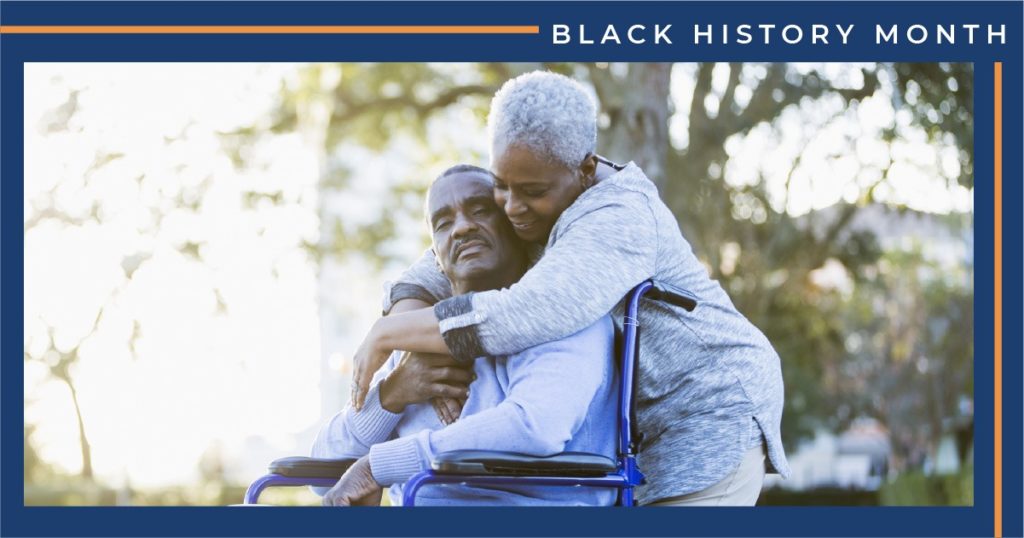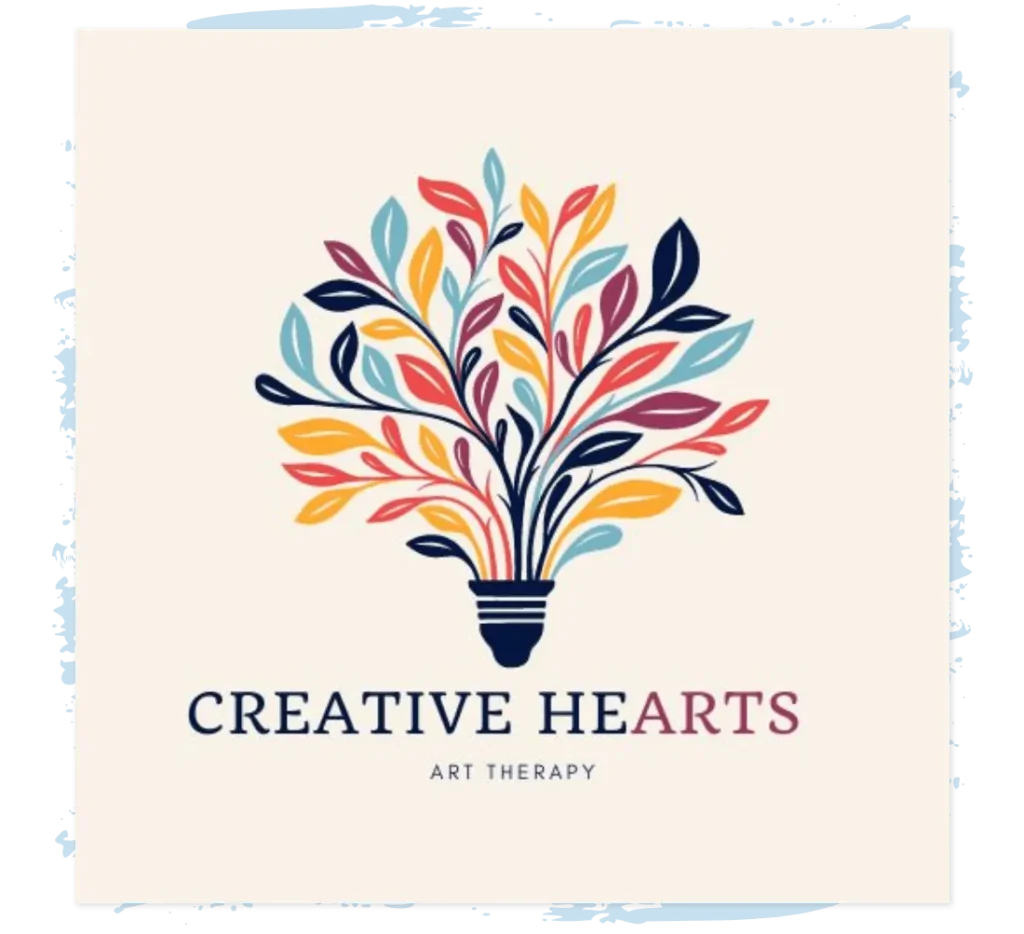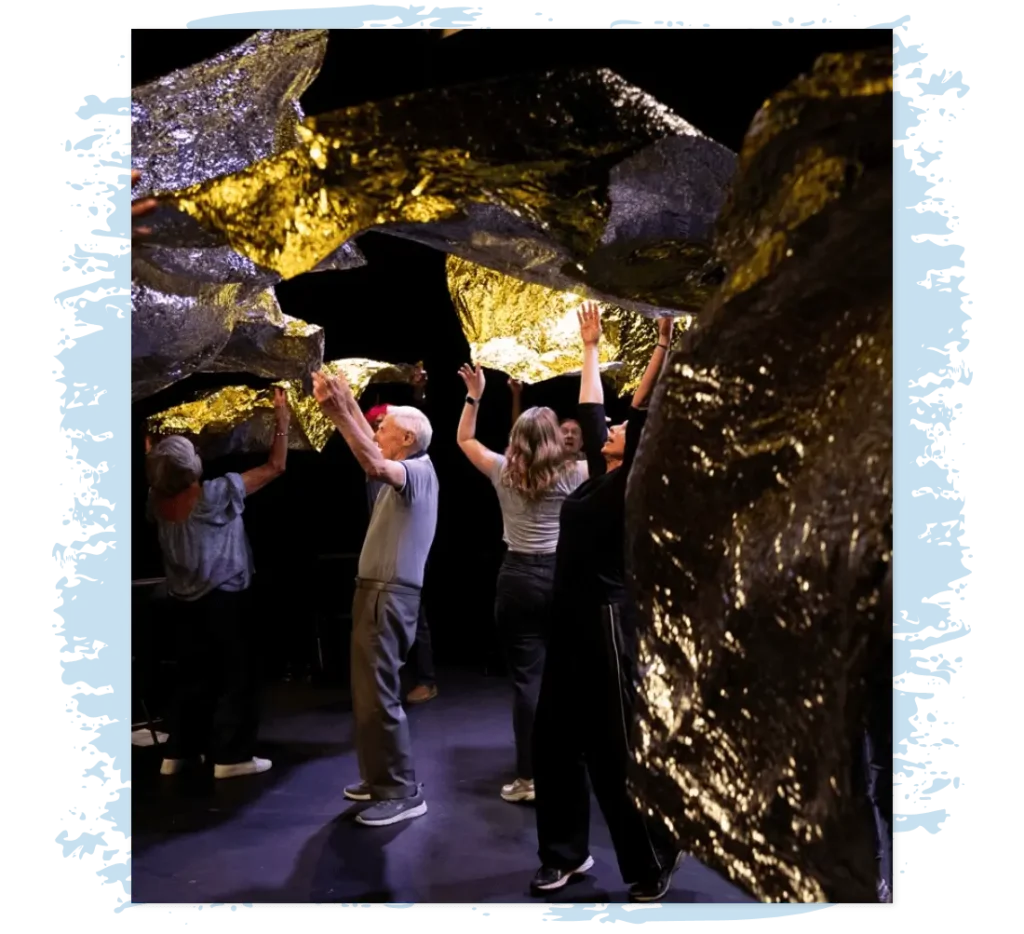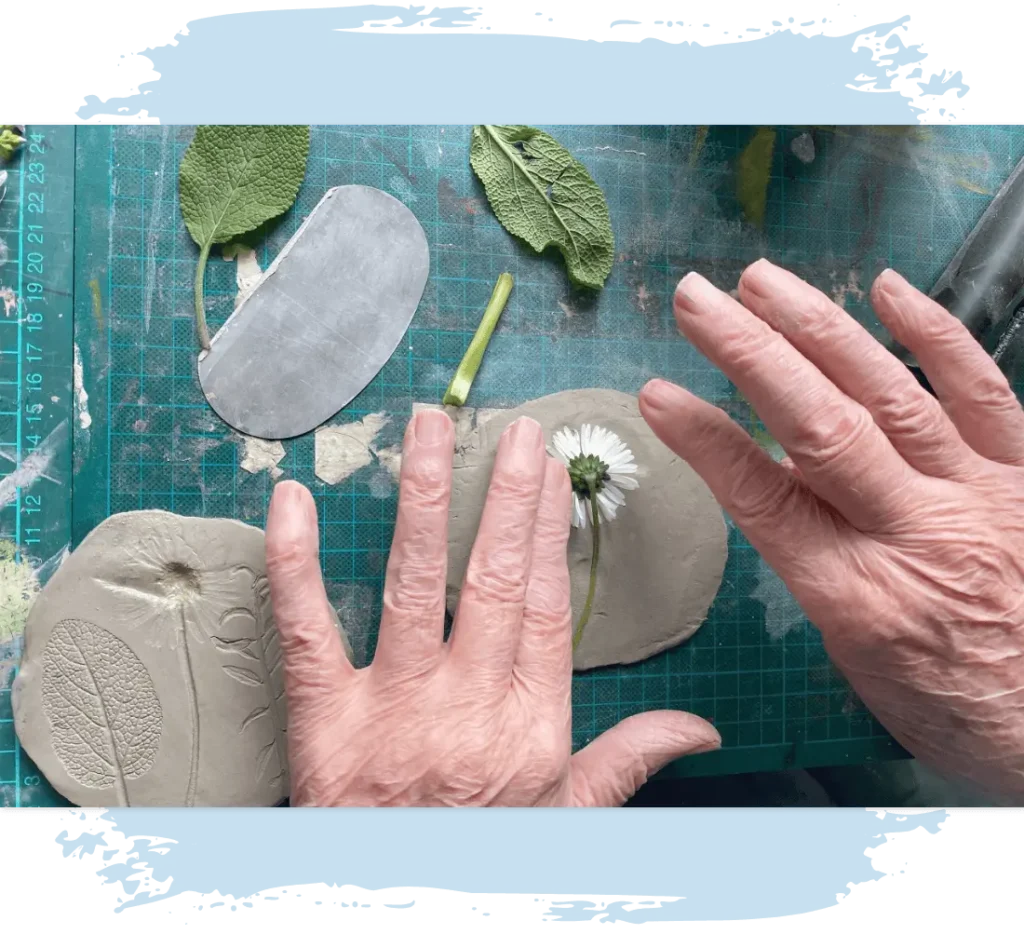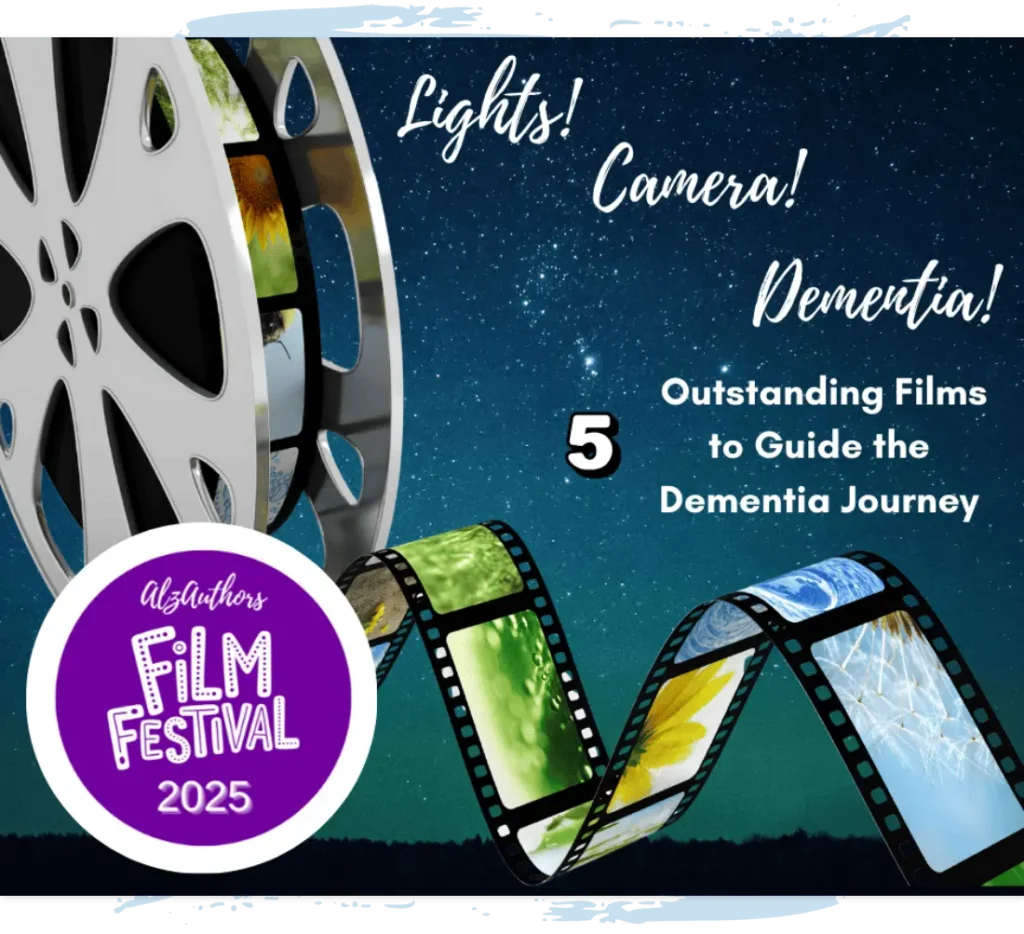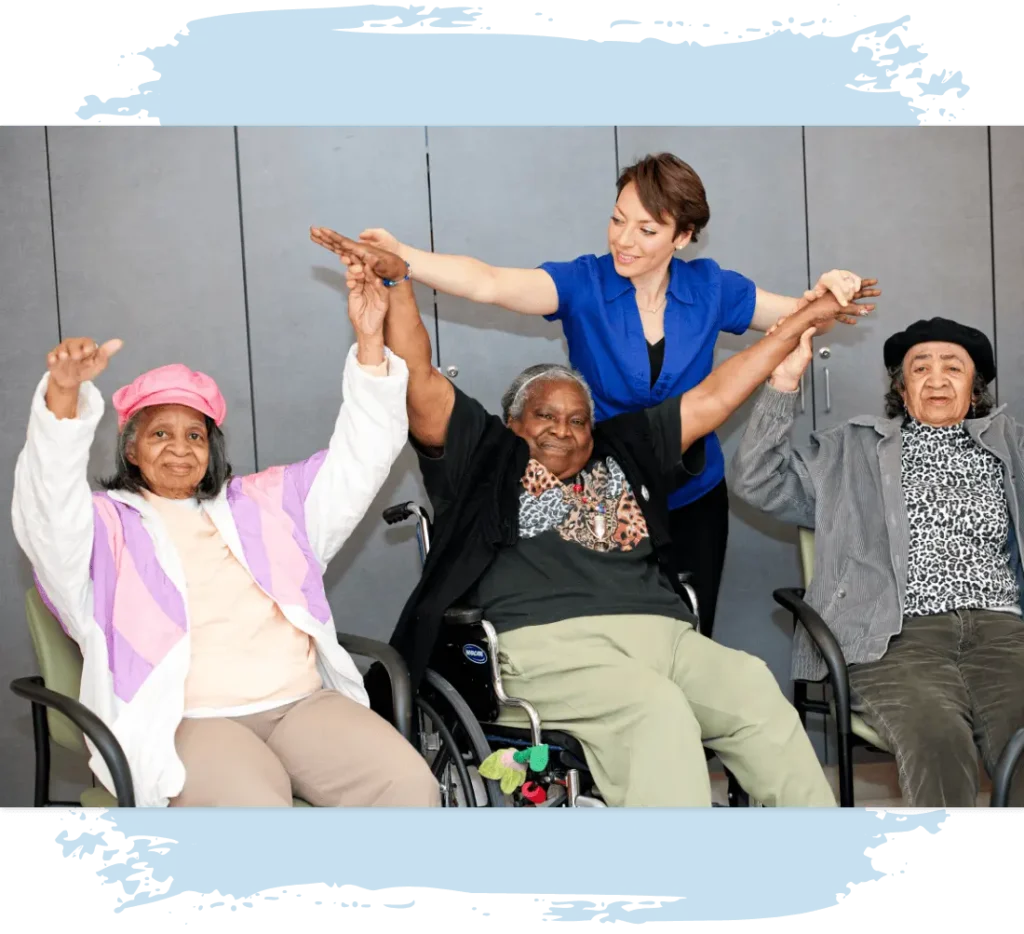Did you know that Black Americans are more likely to be impacted by dementia than white Americans?
While health equity and cultural humility have been important conversations in recent years, there continues to be disparities in the way memory loss diseases impact the Black community. Research shows that Alzheimer’s disease disproportionately affects minorities in America.
Although they are more likely to be impacted by dementia than others, Black Americans report more apprehension in talking to their doctor about memory loss. Without a diagnosis, an individual and their family may be less likely to implement early stage interventions. Apprehension in certain communities can be common due to an absence of educational programs, not having access to quality care without bias or a lack of trust in the health care system due to a history of mistreatment and discrimination.
Black Caregivers are also more likely to be providing care without formal support for similar reasons. This leaves these hardworking individuals at a greater risk of caregiver burnout, financial challenges and health concerns related to their caregiving role.
It is important that we continue to raise awareness about dementia within the Black community and highlight their experiences – not just during Black History Month. An increase in transparency, representation, and education can help reduce stigma and create a space where individuals feel safe and comfortable to seek support. It’s crucial that professionals in the memory loss and geriatrics community educate themselves on cultural competency and seek to build trust within underserved communities.
We invite you to check out the resources below for additional information and support for Black Americans impacted by dementia:
- For the data on dementia and racial disparities, check out the Alzheimer’s Association Facts and Figures Special Report.
- For support groups, check out the Alzheimer’s Association CommunityResourceFinder.
- To help make your church community dementia friendly, connect with Alter.
- For people living with dementia, connect with Dementia Minds for support and ways to get involved.
- For professionals, seeking to increase their cultural competency, explore https://www.actonalz.org/

